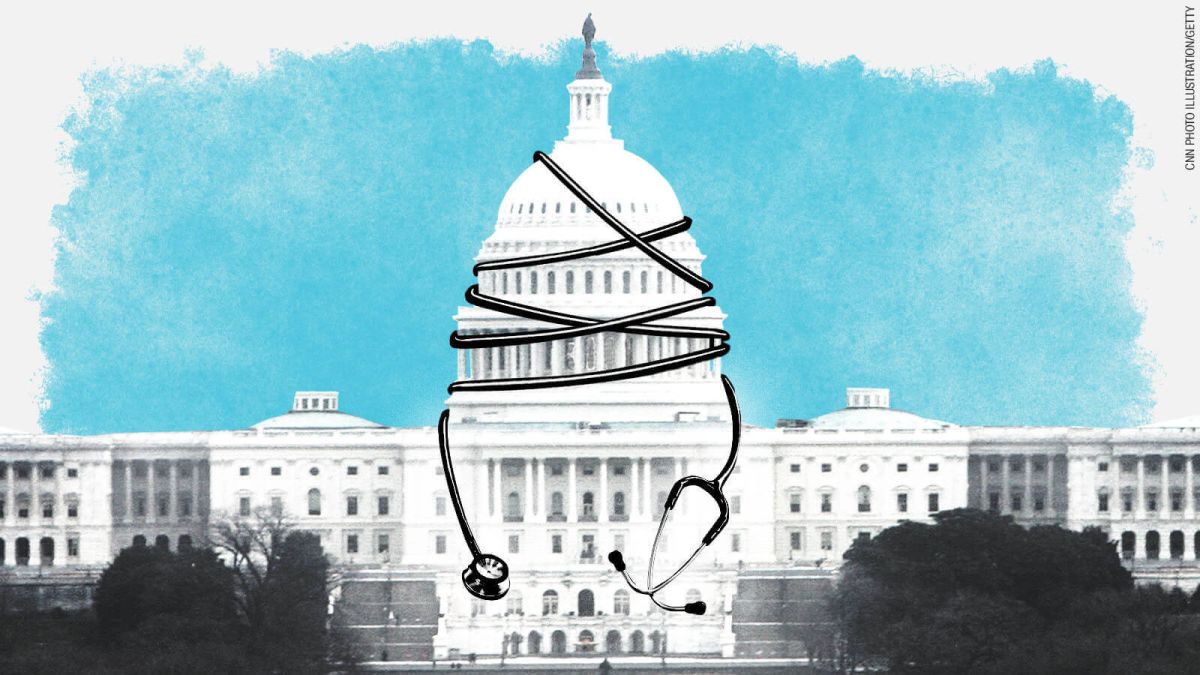Published by Medium on May 10, 2020 by Ryan Hampton. Original article can be found here.
Don’t Forget About Us: People Still Need Addiction Care
If we look up from what’s right in front of us — a global pandemic — we’ll remember that we’ve been battling a public health crisis for more than a decade. The opioid epidemic alone has stolen more than 450,000 lives from us since 1999, but the total number of deaths related to substance use is around 1.75 million for that same period. Before this virus swept through the U.S., we were starting to see real change in the opioid crisis — both in the health systems and the decline of drug overdose deaths. Overdose death rates decreased by 4.1% from 2017 to 2018 in the U.S. This is not to deemphasize the pandemic’s impact on our country or the critical response needed, but to remind America that the opioid epidemic did not go away when COVID-19 reared its head. We can’t forget about people living with addiction.
Now we’re simultaneously facing two crises, putting patients with opioid use disorder (OUD) at a significantly higher risk for overdose, death and relapse. When there is so much uncertainty for those with addiction about how to continue receiving care during this time, it’s essential that addiction treatment programs continue to receive federal and state support so that we don’t lose our foothold on combating the opioid crisis.
We can’t forget about people living with addiction.

Nationally we’re seeing increased unemployment and poverty, mandatory changes to daily routines, and increased anxiety and stress which are only magnified for people managing addiction. These added stressors can disrupt a person’s recovery journey by overwhelming their coping mechanisms. Addiction is a disease of isolation, so the necessary physical distancing protocols that yank people out of their routines and their communities and trap them alone with anxiety (and even boredom) is dangerous to recovery.
Not only that, but the pandemic is shifting how people can receive treatment. Many support groups and counseling sessions are being provided virtually. But how about people who use medication-assisted treatment? A significant portion of people in treatment pay out of pocket for their care. With a rising number of Americans losing their jobs due to the pandemic, including people in recovery, their ability to afford life-saving care is in danger.
The addiction treatment organizations are struggling too. They are spending more money to put protocols in place in response to COVID-19 while dealing with employee absences and patients forgoing treatment. Yes, federal and state regulators have loosened requirements for care at outpatient opioid treatment programs (OTPs), which is important. But if the OTPs don’t have the funding needed to continue operating in this new environment, these regulation modifications are irrelevant. Without ongoing treatment, those in addiction recovery are at risk of relapse and overdose.
Before COVID-19 hit, our nation was at a turning point in the fight against the opioid epidemic. The coronavirus pandemic not only threatens thousands of lives, it threatens to completely derail the progress we’ve made in digging this country out of one of the worst human-made epidemics in history. If people living with addiction can’t get the care they need, they too will die.
In a time when a pandemic is causing so much uncertainty, people living with OUD need stability. Addiction advocacy groups and others in the industry have issued a formal request to the federal government asking for $38.5 billion in emergency supplemental funding for direct payments to behavioral health organizations, which will help ensure they remain open and operating during the COVID-19 crisis. While this sounds like a lot, let me put this request into perspective: the Centers for Disease Control and Prevention estimates that the total “economic burden” of opioid misuse alone in the U.S. is $78.5 billion a year. We only need a small fraction of that cost to save lives.
If people living with addiction can’t get the care they need, they too will die.
The bottom line is this: we need to make sure organizations that help people in recovery — opioid treatment programs, community behavioral health centers, peer support organizations, and others — get the resources they need to continue providing addiction and mental health care.
Ryan Hampton is the organizing director at the Recovery Advocacy Project, author of “American Fix: Inside the Opioid Addiction Crisis — and How to End It” and national addiction recovery activist.
